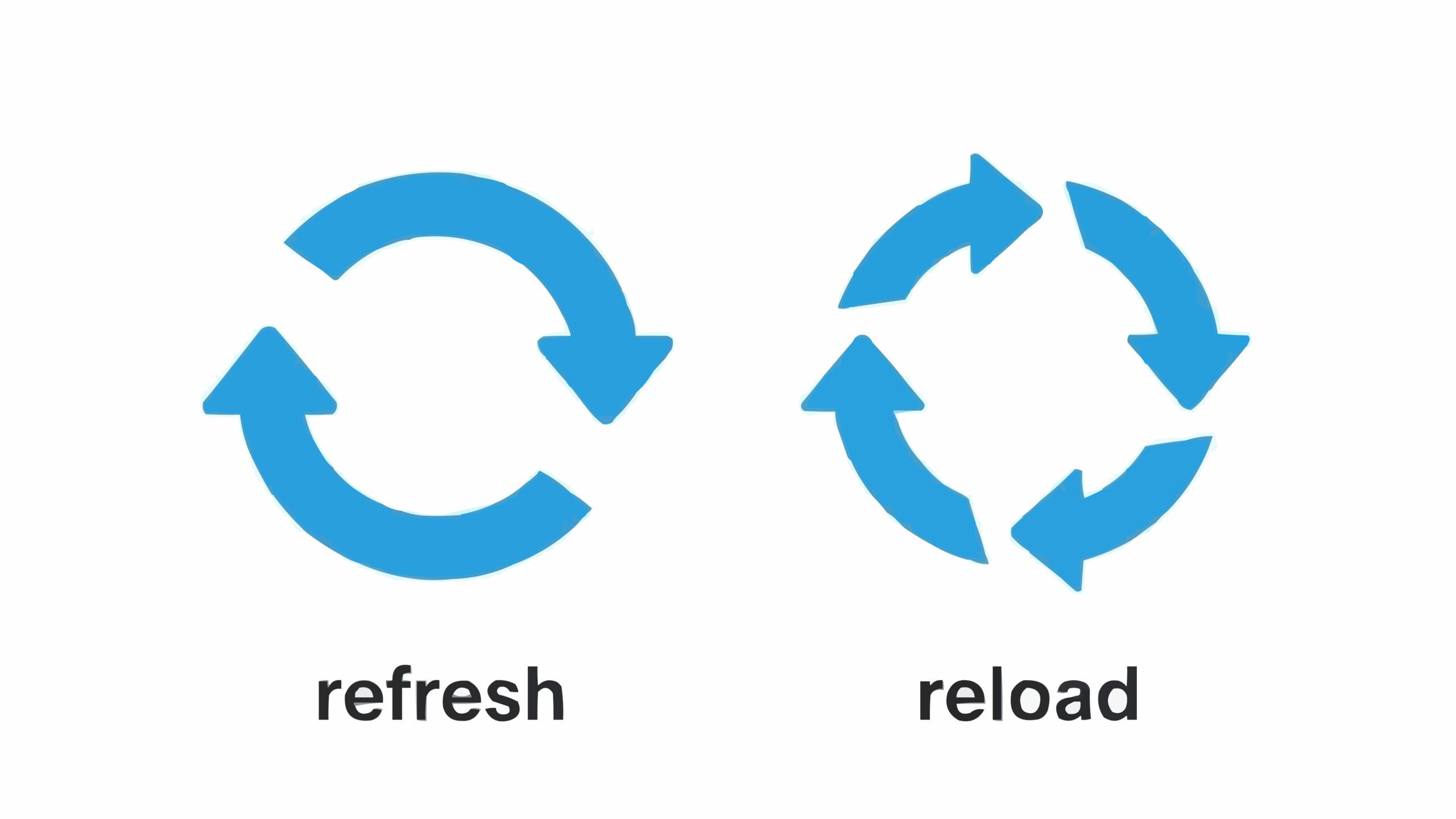The Myth of “Letting It Blow Over” in Online Search

A single viral post can follow you for years. You might hope it will “blow over,” but online search doesn’t work that way. Once negative content makes its way onto a search engine results page, it tends to stick, get copied to other websites, and resurface every time someone types your name into Google.
What People Mean by “Letting It Blow Over”
When a bad article, review, or post appears online, many people respond with the same phrase: “Don’t worry, it will be buried. Just ignore it.”
On the surface, that sounds reasonable:
- The internet moves fast
- New information appears every second
- Surely the next story will push the old one off the page, right?
In reality, online search is a memory system, not a casual news feed. Once a website is crawled, indexed, and linked to a name or keyword, it becomes part of the person’s searchable records — and simply waiting rarely results in that content being removed.
How Search Engines Keep Problems Alive
To understand why ignoring a problem doesn’t work, you have to understand how a search engine treats content.
When you enter a name, brand, or phrase into the search bar:
- The search engine looks at all the documents and web pages in its index that match that word or keyword.
- It ranks those pages based on relevance, authority, engagement, and links from other websites.
- It shows the most “useful” results at the top of the search results page.
Negative content often checks all the boxes:
- It uses the person’s name repeatedly
- It may be linked from forums, blogs, or social media
- People click it more often because it looks dramatic or urgent
That combination tells the search engine, “This is important. Keep showing it.”
So instead of drifting away, the link is rewarded with better visibility.
Signs Your Online Issue Won’t Just Fade
If you’re hoping a situation will fix itself, look for these signs in your search results:
- The same page keeps appearing in the top results whenever you search your name or business
- New websites are mentioning or copying the original content
- The number of results about the issue is growing over time
- You see fresh comments, reviews, or “reaction” posts linking back to the original page
- The content shows up for more than one keyword (e.g., your name + city, your name + job title)
If even one of these applies to your case, it’s unlikely the information will quietly disappear on its own.
What Happens If You Ignore It
Letting things “blow over” usually means:
- Search engine results stay negative
- People access the worst version of your story first
- You lose control over how your name appears across the internet
The consequences can include:
- Lost job opportunities when employers read outdated or one-sided content
- Clients choosing competitors after a quick online search
- Journalists or bloggers using the old information as a source in new pieces
- Personal stress every time you view your own name in search
In other words, silence becomes a form of agreement in the eyes of users who only see what shows up on the first page.
Why Negative Results Stick Around
Even if the original website or post is edited or removed, the process of staying in search can continue because:
- Copies live on other websites or in cached documents
- Old records are archived and still discoverable
- New commentary keeps linking back to the original case
- AI summaries and snippets may repeat the same outdated word choices or labels
Once the story is baked into your search results, it takes deliberate action — not wishful thinking — to change it.
How to Actively Protect Your Reputation in Search
You can’t control everything that appears online, but you can protect yourself far better than by waiting and hoping.
1. Audit Your Current Search Results
Start with a structured review:
- Search your full name, variations of your name, and relevant keywords (job title, company, city)
- Read the first two pages of search results
- Note which links are neutral, positive, or clearly harmful
- Take screenshots and save documents that show the current state (this helps if the content is later edited)
This gives you a baseline to see whether things are getting better or worse over time.
2. Build Stronger, Positive Search Content
The most reliable way to push down negative results is to publish better, more relevant content that search engines prefer to show.
Helpful ways to do that:
- Create or update your own website or profile so people can quickly find accurate information
- Publish bios, thought leadership pieces, FAQs, or guides related to your field
- Make sure each new page uses clear headings, your name, and the right keywords
- Keep content updated so search engines see it as the latest and most reliable version of your story
Over time, this gives Google more trustworthy options to show when someone searches for your name.
3. Request Removal When It’s Justified
In some situations, content can be legitimately removed or restricted:
- Posts that expose private information (home address, personal email, phone number)
- Pages that clearly violate a platform’s own terms of service
- Old legal records that qualify for sealing or expungement under local law
- Clear cases of impersonation or false statements
In those cases, you can:
- Use platform reporting tools or email the site owner directly
- Ask a lawyer whether your case meets the standards for defamation, privacy, or removal
- Provide clear, factual explanations instead of emotional reactions
Not everything qualifies — and no one has the power to erase every page on the internet — but targeted requests can reduce the most harmful links.
4. Control the Story on Other Websites You Can Influence
You may not own all the websites that appear in your search results, but you often have more control than you think:
- Update outdated bios on association or conference pages
- Correct profiles on directory sites that show old records or roles
- Request updates to articles or interviews that quote you out of context
- Clarify information on review platforms you actively use as part of your service
Each small correction improves what people view when they click around and explore other websites.
5. Set Up Monitoring So You Don’t Miss New Problems
Proactive monitoring helps you act early rather than react years later.
You can:
- Set up free alerts for your name, brand, or key phrases
- Use ORM or SEO tools to track search results over time
- Maintain a simple log of major changes (new negative link, important page moved up or down)
If something new appears, you can respond while it’s still small — before it turns into the defining result for your name.
When to Bring in Professional Help
At some point, DIY efforts may not be enough, especially if:
- The negative content is widely shared across a large number of websites
- The case involves legal threats, old news coverage, or high-profile stories
- You don’t have time to manage publishing, SEO, and outreach on your own
In those situations, a reputable reputation management or search optimization service can:
- Analyze your search profile
- Design an information strategy based on your goals
- Help publish new, well-structured content on the right sites
- Coordinate with legal or compliance professionals where needed
The key is to work with providers who are transparent about their processes, avoid false promises, and communicate clearly via email or phone—not just through generic dashboards.
The Real Lesson: Silence Isn’t a Strategy
The idea that negative content will quietly disappear from online search is comforting — and dangerously wrong.
Search engines:
- Remember
- Reward engagement
- Reuse old records in new contexts
If you rely on the “let it blow over” myth, you’re effectively giving the worst version of your story permanent front-row access on the search results page.
Taking action doesn’t mean panicking. It means:
- Understanding how search works
- Choosing specific ways to respond
- Building better content so users see a fuller, more accurate view of who you are
You can’t control everything that appears on the internet, but you can protect your reputation far more effectively than by doing nothing and hoping time will fix it.


